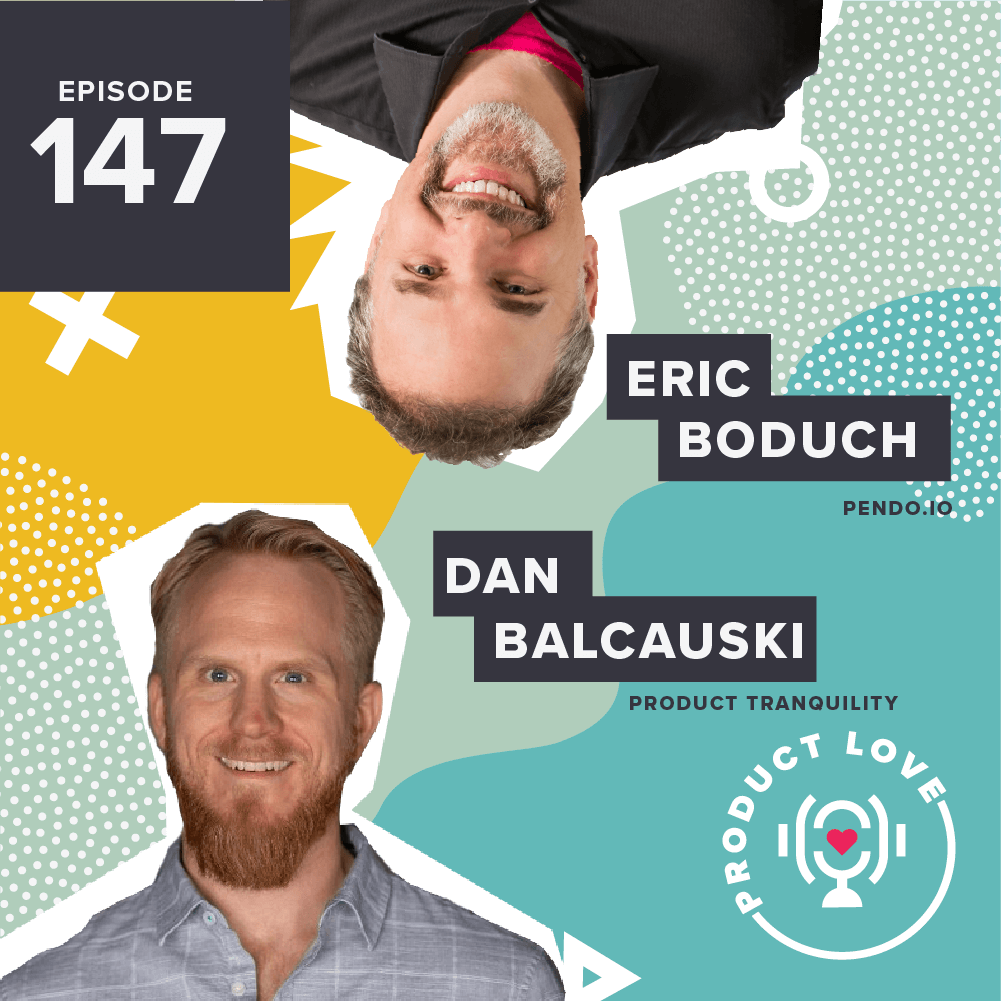Can product managers also be storytellers? Various archetypes have been used to describe PMs, and Ryan Powell thinks this one works, too. And he’s right. Product managers are the ones empathizing with customer problems and weaving them into stories that drive product decisions.
This week on Product Love, I sat down with Ryan, senior product manager at Sprout Social. Sprout Social builds software for social media management.
Before he got into product management, Ryan was a consultant. But that wasn’t enough for him — he wasn’t interested in coming onsite for a single project and delivering on something that was already well-defined. Instead, he was intrigued by the discovery process and identifying core issues and challenges. It suited him better to be talking to customers about how to solve problems. Naturally, he moved into the product management space.
In this week’s episode, we talk about maintaining focus, and how PMs can become storytellers for their customers.
Building Focus and Creativity
On a daily basis, Ryan asks himself, “Are you doing the highest-leverage work you can?” Product managers wear so many hats and have to balance their time between optimization, vision, and strategy. So how does he maintain focus amidst the craziness? The easiest way for him to start is by asking his engineers and designers to describe the strategy and vision for the product. Do they know how their day-to-day tasks impact the vision? Do they know the target customer? But it doesn’t end there. Having a clearly defined outcome for the product and project you’re working can become the North Star when it comes to making product decisions.
Along with maintaining focus, Ryan believes creativity is a must for all product managers. Ryan says that product managers often fall into the trap of focusing solely on execution and delivery. But product managers aren’t meant to be siloed into a technical role. They’re not just backlog groomers, nor should they be spending the majority of their time debating Kanban versus Scrum. They’re strategists, and creativity helps craft unique solutions. Thinking creatively is a muscle. If we don’t use it often, we’ll lose that ability.
Product Managers Are Storytellers
Here’s a fresh take: Ryan believes that product managers don’t actually own anything. Engineers are probably better equipped to deal with technical projects and designers with any changes to the interface. They’re the subject matter experts, so let them own their domains.
Instead, Ryan sees the product manager role as someone who fills in the gaps and empowers the team to know exactly what the customer needs. That might require him writing a project brief or conducting customer interviews, but he’s essentially the storyteller around the customer’s problem. Eliciting these stories helps align and direct the team, and by extension, the entire organization.
Ryan even approaches customer interviews differently. He asks them for anecdotes on when they last used the product, what the weather was like that day, etc. — all the miscellaneous detail that might not be significant but does help them tell their own story. Ryan finds it’s easier for customers to illustrate their own problems when prompted this way.
Check out the rest of this Product Love episode to learn how Ryan exercises creative thinking, as well as the refreshing way he approaches product management.


